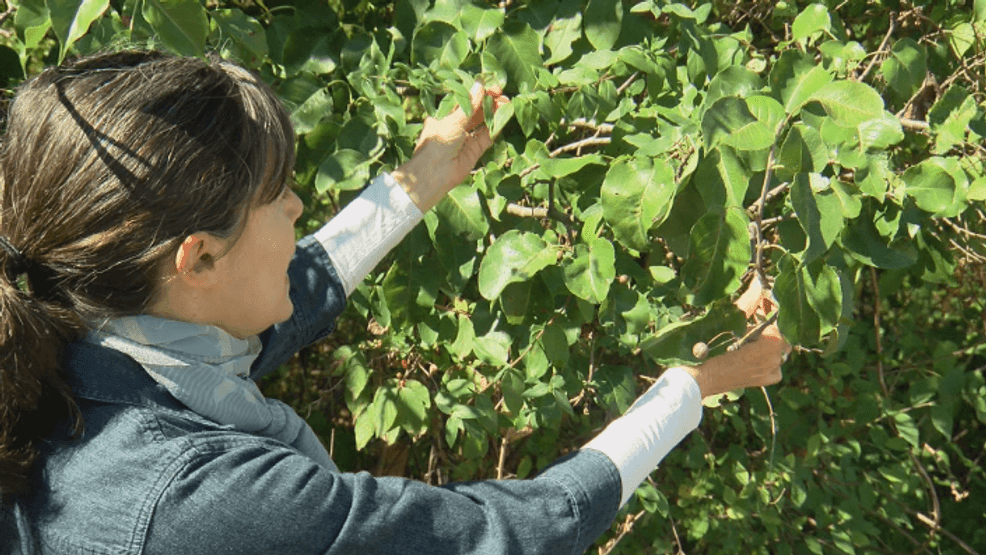This past legislative session, Missouri lawmakers addressed concerns with invasive plants in Missouri.
Senate Bill 105 prohibits the sale of six plants invasive to Missouri.
“It went into effect in August but there is a grace period through which the plants can be sold,” Carol Davit, director of Missouri Prairie Foundation and chair of the Missouri Invasive Plant Council, said.
Davit said invasive plants are non-native plants that can spread quickly and cause harm.
Callery pear, or Bradford pear, is one of the six invasive species named in the bill.
“The harm is that this tree can displace our native trees,” Davit said.
She said invasive plants hurt natural diversity. “The more space is filled up with non-native invasive plants, the fewer native plants we have.”
The loss of native plants impacts natural resources, habitats, wildlife, cattle farms and even hunters.
“[Native plants] are foundation of nature’s web of life. They support native insect, those insects support native song birds,” Davit said. “Also many of our native plants, especially trees like oaks [and] hickories, are really important parts of our economy.”
Davit said the Missouri Invasive Plant Council formed in 2015 and spent years speaking with stakeholders and the public about which invasive plants should be restricted.
The council used this information to advise legislators.
“We just want to thank Representative Sassman who first introduced legislation, and then Senator Bernskoetter who then introduced a companion bill that was ultimately passed into law.”
Davit said discontinuing the sale of invasive plants would help prevent their future spread.
“We might think that we can live without nature, but in fact, the natural world sustains us.”
In April, the Missouri Invasive Plant Council would hold its annual Callery pear buy-back program.
Davit added anyone wanting to learn more about invasive plants could visit moinvasives.org.
